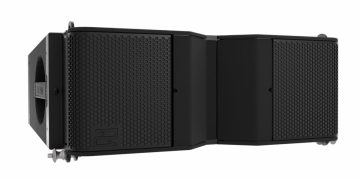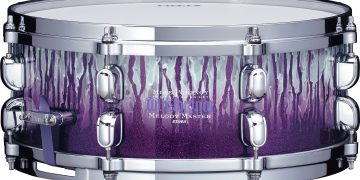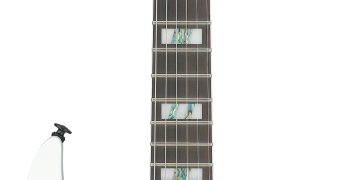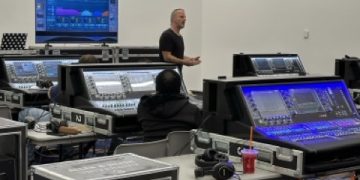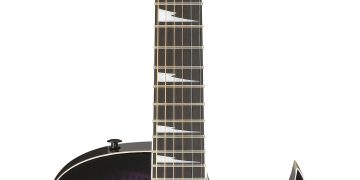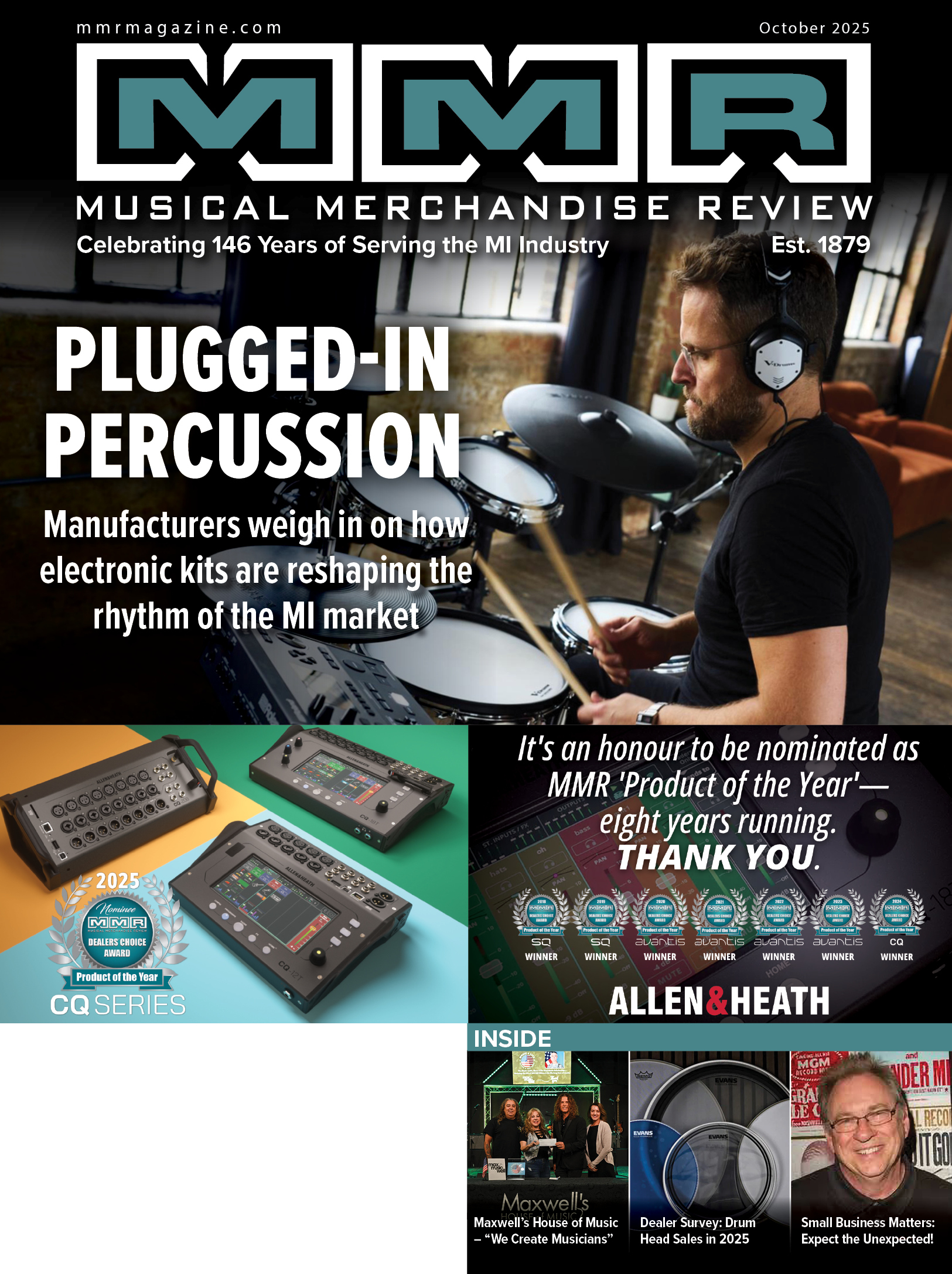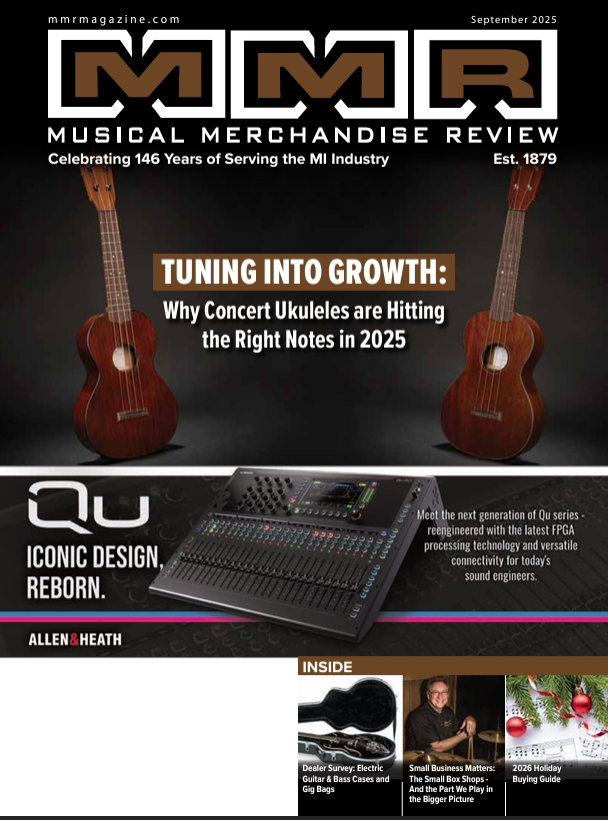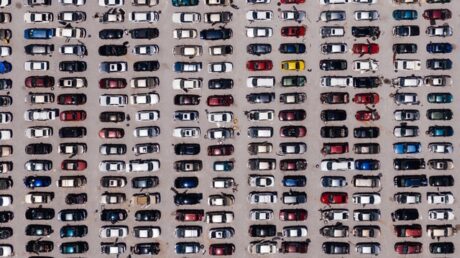
Parking and retail have always been closely linked issues. Unless you live in a city like Manhattan or San Francisco, customers usually drive to go shopping, and it’s nice to have a trunk or a big back seat to put a new kick drum or guitar amp in.
But some musicians really have to fight to get close to their destination. The ones who play in the noisy corridor of clubs along Nashville’s downtown Broadway strip of honky-tonks – a familiar sight to visitors to the Summer NAMM Show across the street – have been struggling with the problem of finding curb space to unload and load in for going on three years now. At first, it was police ticketing their cars as they ran into the club lugging their gear, with Metro Nashville Police rivaling the NYPD’s parking enforcement agents for how quickly they could write up a summons. AFM Local 257 negotiated a truce with the cops back in 2017, giving musicians dedicated loading space and times.
But more recently, the loading zones that were part of the arrangement have been usurped by local taxis, who see the spots near the clubs as a bulwark against the wave of Uber and Lyft cars that have decimated the cab business in Nashville like they have elsewhere. They have a lot in common, honky-tonk musicians and taxi drivers: both work largely for tips, but not only are they not making any more curb space downtown, they’re actually losing some of what little they have to relentless construction as the city adds new businesses there. Suddenly, a spot at the curb is Omaha Beach, a strategic place to be taken and held at all costs.
Parking has also become a problem for those musicians. It can cost as much as $40 a night to park downtown on nights when one of the major venues hosts a big concert, and when you’re hauling an amp, two guitars and a pedalboard, or a drum kit, parking a mile away isn’t an option.
In a busy, hectic and increasingly dense urban area like Nashville’s Broadway, there aren’t many options. A few local musicians have created a change.org petition in an attempt to address the loading-zone situation, though the best it can really do is just call more attention to it. The clubs, which usually guarantee a minimal base pay of between $25 and $50 per night per musician against tips, aren’t going to up their rates; they’re enmeshed in a club war between long-established joints like Tootsie’s Orchid Lounge and Roberts Western Wear, and a slew of newer star-branded clubs by artists like Luke Bryan and John Rich, pulling patrons from each other with deeper and deeper discounts and louder PA systems. Meanwhile, the area is becoming more dangerous late at night, especially for musicians.
As one told a local television news outlet after being robbed on a nearby street, “Everybody knows that we work off tips, everybody knows that we carry cash on us. If you’re a musician, they know you’ve got gear. It’s like having a target on your back.”
Possible solutions are as few and far between as parking spots. The union local negotiated several deals for members, such as a $5 voucher with one parking company and 30 percent discount with others, as well as 10 percent discount with Lyft. The union president, bassist Dave Pomeroy, told me that meetings with the police and mayor’s office were pending. But it’s a classic case of how musicians are being squeezed from above by corporate forces. It’s just that this time, it’s not a Swedish streaming company or a major record label; instead, it’s real estate developers and the transportation industry.
It’s very much a Nashville story, but it’s also a problem musicians are encountering in other cities where the downtowns have been renovated and rejuvenated, like Kansas City and Denver, where concentrations of new clubs and concert venues are pulling in thousands of patrons – and their cars – and where the musicians who are the fuel for these entertainment districts are also working for tips and scouring for parking spots. Musicians – MI retail’s core customers – are finding that new opportunities to play live for pay are coming with the same urban-density challenges that plague all cities and towns these days, ones that can’t be fixed as easily and quickly as a broken string.










